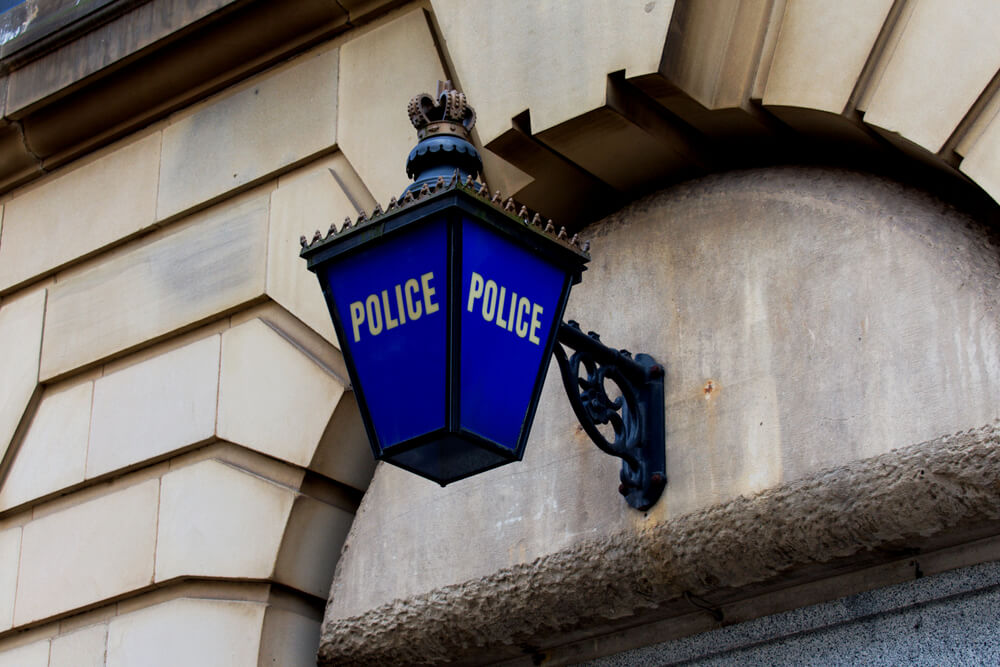

In September 2024 the Metropolitan Police launched its new Children’s Strategy. The document set out an intention to build trust, keep children safe and bring to justice those who use and exploit them. The strategy explores new standards when detaining children in custody.
Following the publishing of this strategy, it is worth examining what a young person can and should expect when police want to interview them.
It is incredibly important that advice is sought as soon as you realise that police want to talk to your child. Being in the police station can be a frightening and intimidating experience. Children and parents often have many questions and we can help to answer these questions before their attendance at the police station.
Any child who attends a police station to be interviewed under caution is entitled to free and independent legal advice.
What to expect if police want to interview your child?
Age of responsibility
Anyone over the age of 10 can be held criminal responsible. This means that they can be arrested, interviewed and charged with a criminal offence. This can lead to them having a criminal record.
Arrest or voluntary attendance?
Voluntary interview:
Police often invite children for an interview on a voluntary basis. Usually, police contact a parent or guardian and explain that they suspect their child has committed a criminal offence. They will invite them to attend the police station at a specific date and time where they will be interviewed under caution. Doing so avoids the need to arrest and detain children.
Whilst a child will not be arrested for a voluntary interview, it is still important that they are legally represented. Anything that a person says in an interview under caution could later be used against them in order to charge and convict them.
Interview after arrest:
When any child between the age of 10 and 17 is arrested their parent or legal guardian should be informed of their arrest and whereabouts as soon as is practicable.
Children will be required to provide their details including fingerprints and DNA to police. They will be detained in a cell until the police are ready to interview them. Children should be detained for the shortest possible period of time.
After an interview children may be returned to their cell while they wait for police to make a decision about the outcome of their arrest.
What rights does my child have when at the police station?
Children must have an appropriate adult present at the police station when being read their rights, during a strip search, during an interview and when being charged or released.
Appropriate adults should be a parent, guardian or adult family member. In circumstances where this is not appropriate, there are agencies that provide professional appropriate adults.
Anyone being detained at the police station is entitled to have someone told where there are. Often police will allow children to call a parent or guardian when in the police station. If you speak to your child on the phone from the police station, you must remember that the calls are recorded and can be used by the police as evidence.
Children have a right to be legally represented. Police will ask anyone being booked into custody whether they want to be legally represented. If they do, the police will ask if someone has their own solicitor or would like the duty solicitor to be called for them. It is a child’s decision whether they are legally represented.
What will happen to my child after they have been interviewed?
After an interview, the police will review the both the evidence, and any account put forward during the interview. The police can then take the following actions:
- Charge – if the police consider that there is enough evidence of a criminal offence, and that it is in the public interest to do so, they may require a person to attend court.
- No further action – if the police consider that there is not enough evidence of a criminal offence, or that it is not in the public interest to proceed to court, then they may take no further and the case will be closed.
- Out of court disposal – if the police consider that there is enough evidence of a criminal offence but, because of the nature of the offence (ie that it is not a serious offence) or because of a child’s particular circumstances (ie their young age, that they have mental health issues or cognitive difficulties) then the police may decide to deal with the matter out of court. These disposals might include a child being referred to the youth offending team or being given a caution.
- Bail to return/ Release under investigation – if the police are not able to conclude their investigation, they may release a child whilst their investigation continues. Sometimes the police will attach conditions to a child’s release. For more information about police bail, please click the following link https://tvedwards.com/news-and-blogs/blogs/how-long-can-i-be-kept-on-police-bail/
It is easy for police to forget that they are dealing with children after an arrest. Therefore it is important that your child is represented by a specialist youth lawyer who understands the specialist advice and holistic care that a child needs during their time in a police station.
How we can help
The dedicated team at TV Edwards has been at the forefront of criminal defence work in London for over 50 years, offering specialist legal advice on the full range of criminal defence work.
We have dedicated youth specialist practitioners who have experience of advising and assisting young people.
For more information and assistance please email enquiries@tvedwards.com or call our 24 hour telephone line on 020 3440 8000.
Disclaimer: The information on the TV Edwards website is for general information only and reflects the position at the date of publication.







